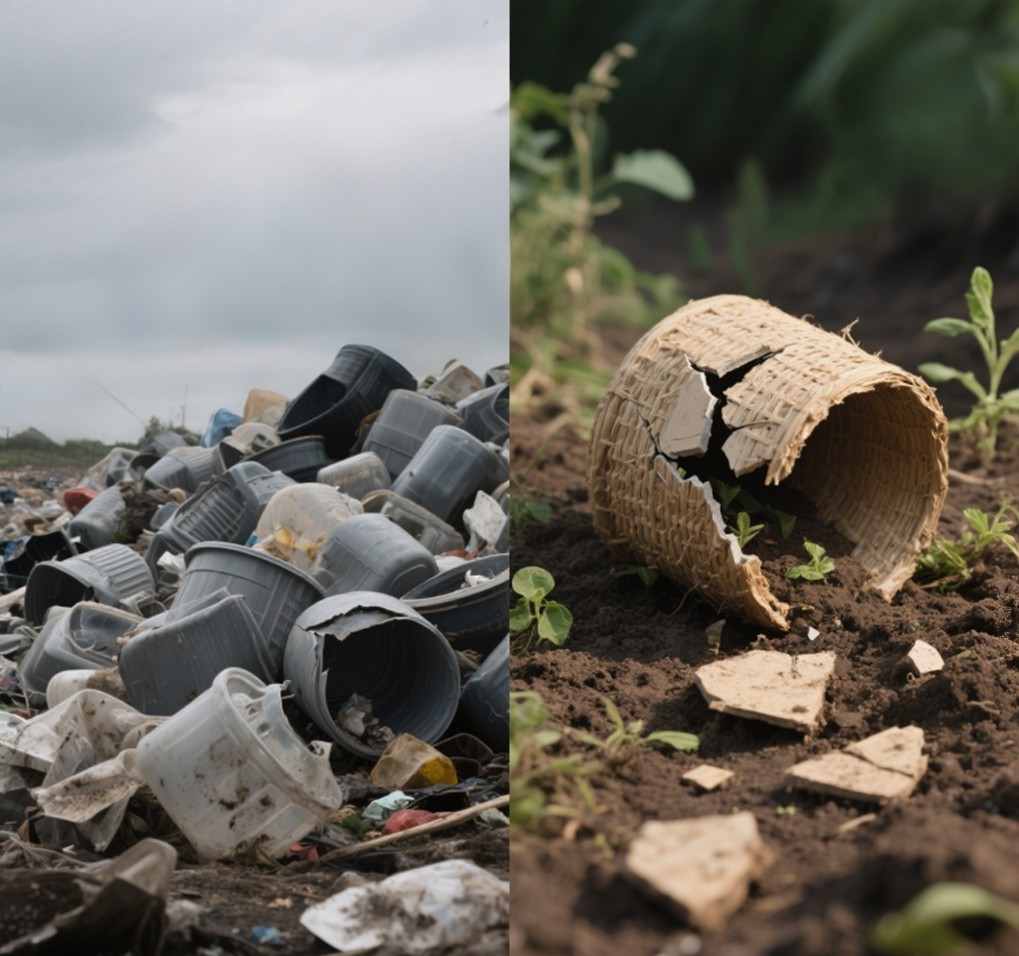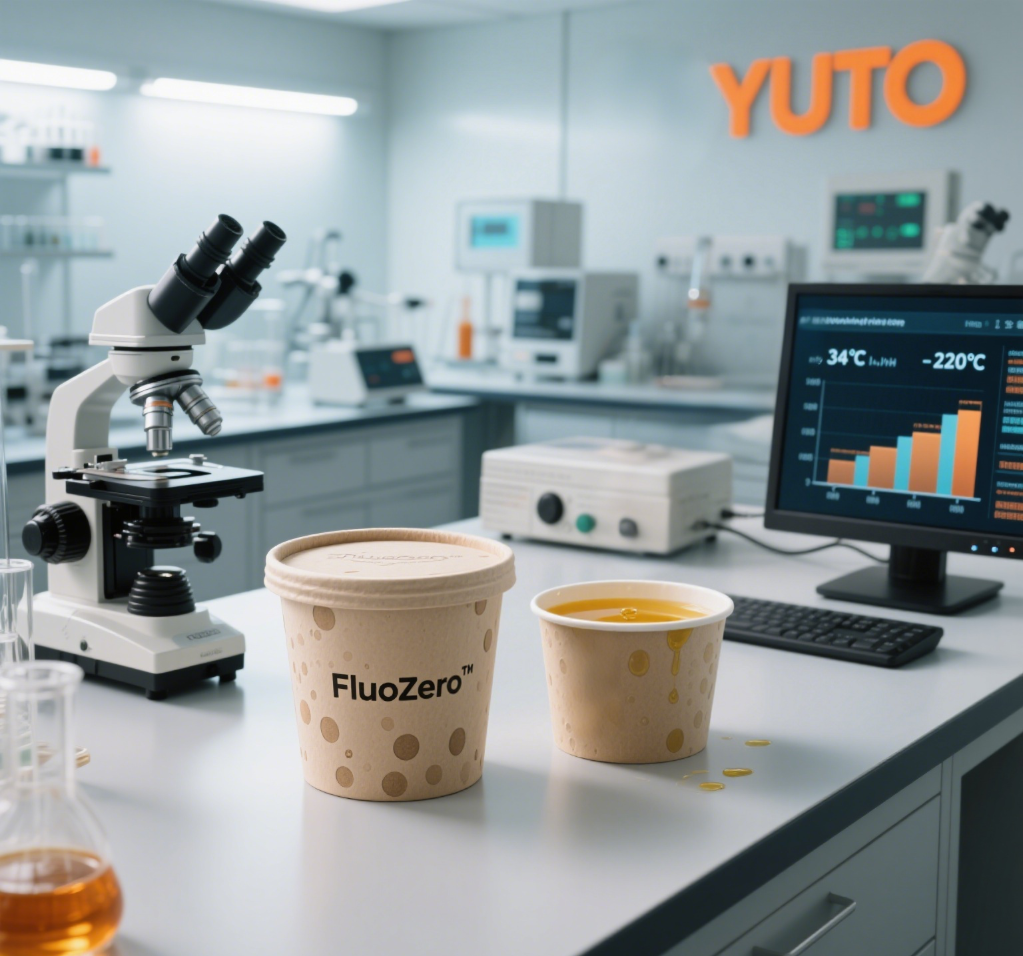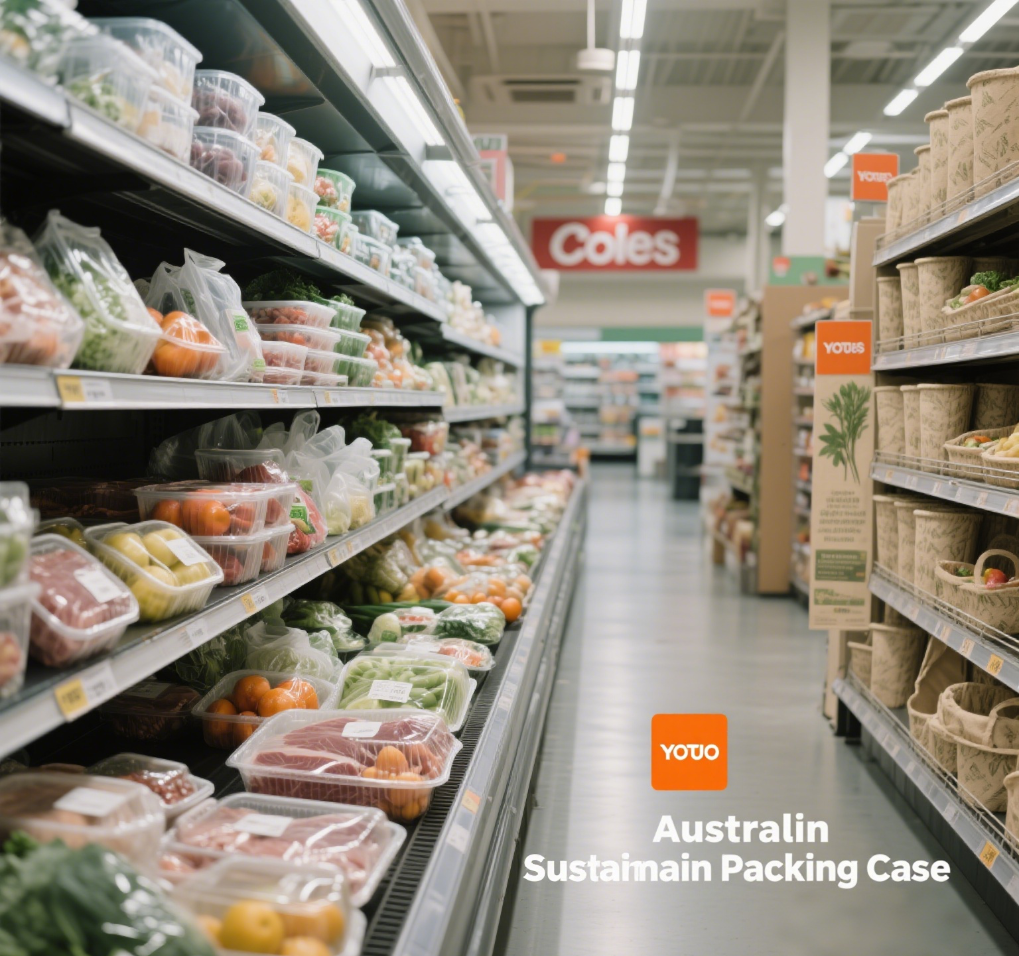Industry Solutions
Our Sustainable Packaging Innovation: From Australian Market Pain Points to Green Solutions
As practitioners deeply rooted in the packaging industry, we witness the urgent need for eco-friendly packaging in the Australian market every day. When plastic packaging continues to pile up on supermarket shelves and consumer attention to “biodegradable” labels increases year by year, we know that the transformation of traditional packaging models is no longer an option, but a must-answer question concerning corporate survival and environmental future.
Addressing Three Key Pain Points in Australian Packaging: From Data to Action
In Australia, approximately 2 million tons of packaging waste enter landfills each year, with plastic packaging accounting for over 40% of this amount. Behind these figures are the common challenges we hear from thousands of corporate clients:

Our Technological Breakthrough: The Dual Revolution of FluoZero™ and Plant Fibers
1. Rebuilding Environmental Genes from Raw Material Sources
Our plant-fiber containers adopt a 100% sugarcane bagasse and bamboo fiber composite process, reducing carbon emissions by 78% compared to traditional plastics. This material can completely degrade within 180 days under natural composting conditions, and our field test on an Australian organic farm showed that containers buried in soil decomposed into humus in just six months—this is why we dare to print “Home Compostable” on our packaging.
2. The Disruptive Breakthrough of FluoZero™ Technology
While the industry was still struggling with the problem of “oil resistance must contain PFAS”, our R&D team spent 27 months overcoming physical oil resistance technology. FluoZero™ forms a protective layer with three times the density of traditional materials through nano-level fiber weaving:

From Cafés to Supermarkets: Our On-Ground Practices in Australia
The “Green Turn” of Sydney’s Chain Cafés
When the founder of Brew & Co. approached us with the need for “both heat resistance and biodegradability”, we customized a 3mm thick corrugated coffee cup sleeve for them. This sleeve with the YUTO orange logo not only passed the Australian Barista Association’s “3-hour temperature retention test” but also helped the brand gain a 32% increase in social media interactions—consumers’ self-shot “coffee sleeve degradation diaries” became the most vivid environmental ads.
Supply Chain Innovation in Melbourne Supermarkets
Cooperating with Coles was more challenging: we needed to design packaging for 28 categories of fresh products, from spinach leaves to salmon sashimi. The final solution included:

A Green Cooperation Guide for Australian Enterprises
If you are evaluating packaging upgrade plans, we have summarized three key action nodes:
At this moment, our R&D center in Sydney is testing the new generation of marine biodegradable films, and our Brisbane factory is about to launch a fully automated plant-fiber production line. If you want to schedule sample testing or obtain the Australian Packaging Compliance White Paper, please contact us through our official website—let’s turn “sustainability” from a slogan into a real choice on the shelf together.
